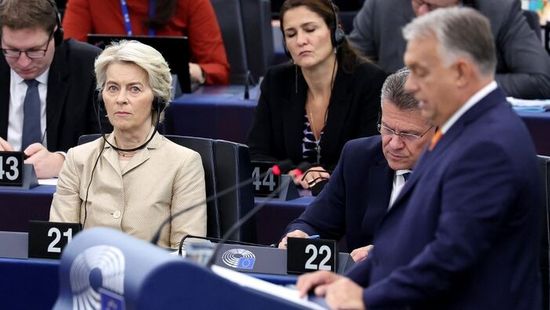Dokumentumok bizonyítják: Brüsszelben arra készülnek, hogy a Fidesz nyeri meg a választást

Az elemző szerint ráadásul az is egyértelmű, miért nem lenne rájuk szükség, ha Magyar Péteréket tartanák esélyesnek.

Governments will sometimes need to invade citizens' space to ensure their safety, but when, why, and how that is done ultimately rests on our consent.
„The United States and Britain must start addressing these issues now, before their capabilities to monitor social media get too far out ahead of the norms that limit their use. A useful starting point is to draw a distinction between open-source and closed-source intelligence. Open-source, non-intrusive work is accessing information that is in the public domain, but is not used to identify individuals guilty of a crime or as a means of criminal investigation, and should not puncture the privacy wishes of any user. This would include activity such as openly crowdsourcing information through Twitter or Facebook to gain situational awareness in the event of public disorder or gauging general levels of community tension by analyzing online conversations. This ought to be conducted on a basis similar to actions of nonstate actors, such as universities and commercial companies. (...)
At the same time, social media intelligence needs to become a new class of intelligence, something we call »SOCMINT.« Just like human and signals intelligence, it needs its own experts, formula, and evolving techniques. This means new partnerships among academia, government, and technical experts; new training for analysts and law enforcement agencies on the norms of online behavior; and the development of techniques to sift through large data sets and spot misinformation.
The result will not be perfect. As technology continues to evolve, so will the ethical and operational challenges. It has ever been thus, but the speed of change is quickening. This all matters because, in the future, intelligence and law enforcement agencies will have to use social media to discharge their duty of public safety. But unless citizens stand up now and establish checks and balances to ensure what those agencies do is proportionate, necessary, effective, and limited with due oversight, it won't wash. The way ahead is to remain firm to our fundamental principles: Governments will sometimes need to invade citizens' space to ensure their safety, but when, why, and how that is done ultimately rests on our consent. Social media may be new, but the old rules are built to last.”